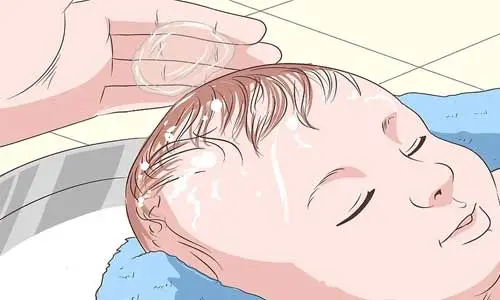- Home
- Medical news & Guidelines
- Anesthesiology
- Cardiology and CTVS
- Critical Care
- Dentistry
- Dermatology
- Diabetes and Endocrinology
- ENT
- Gastroenterology
- Medicine
- Nephrology
- Neurology
- Obstretics-Gynaecology
- Oncology
- Ophthalmology
- Orthopaedics
- Pediatrics-Neonatology
- Psychiatry
- Pulmonology
- Radiology
- Surgery
- Urology
- Laboratory Medicine
- Diet
- Nursing
- Paramedical
- Physiotherapy
- Health news
- Fact Check
- Bone Health Fact Check
- Brain Health Fact Check
- Cancer Related Fact Check
- Child Care Fact Check
- Dental and oral health fact check
- Diabetes and metabolic health fact check
- Diet and Nutrition Fact Check
- Eye and ENT Care Fact Check
- Fitness fact check
- Gut health fact check
- Heart health fact check
- Kidney health fact check
- Medical education fact check
- Men's health fact check
- Respiratory fact check
- Skin and hair care fact check
- Vaccine and Immunization fact check
- Women's health fact check
- AYUSH
- State News
- Andaman and Nicobar Islands
- Andhra Pradesh
- Arunachal Pradesh
- Assam
- Bihar
- Chandigarh
- Chattisgarh
- Dadra and Nagar Haveli
- Daman and Diu
- Delhi
- Goa
- Gujarat
- Haryana
- Himachal Pradesh
- Jammu & Kashmir
- Jharkhand
- Karnataka
- Kerala
- Ladakh
- Lakshadweep
- Madhya Pradesh
- Maharashtra
- Manipur
- Meghalaya
- Mizoram
- Nagaland
- Odisha
- Puducherry
- Punjab
- Rajasthan
- Sikkim
- Tamil Nadu
- Telangana
- Tripura
- Uttar Pradesh
- Uttrakhand
- West Bengal
- Medical Education
- Industry
Moisturiser use may not prevent childhood eczema: Lancet

Researchers have found that Moisturiser use may not prevent childhood eczema. he study has been published in The Lancet.
Skin barrier dysfunction precedes eczema development. therefore the researchers tested whether daily use of emollient in the first year could prevent eczema in high-risk children.
Eczema is a very common skin problem affecting around one in five children in the UK. Eczema usually starts in infancy, and generally, dry skin is often one of the first symptoms in babies who go on to develop the condition.
It is thought that a faulty skin barrier could be the first step in the development of eczema. Moisturizers improve skin barrier function by providing a covering to the outermost layer of skin and trapping in water.
Some healthcare workers recommend that parents regularly use moisturizers to prevent eczema in newborn babies. The aim of the BEEP study was to determine whether such advice had any impact on preventing the development of eczema.
The team looked at 1394 newborn babies who were born to families with eczema, asthma or hayfever. The babies were randomly split into two groups. One group was advised to apply moisturizer all over their baby every day until their first birthday. The other group was asked not to use moisturizer. Both groups were given general skincare guidance.
The study found no evidence that the daily use of moisturizers during the first year of life could prevent eczema in the studied children. There was, however, a small increase in the risk of skin infections. The results also showed early indications that the daily use of these creams may increase the risk of food allergy.
Professor Hywel Williams, a dermatologist at the University of Nottingham who led the study, said "Much progress has been made in recent years on the treatment of severe eczema, but the goal of preventing eczema from developing in the first place remains elusive. Other small studies suggested that moisturizers from birth might prevent eczema, and we were surprised when our large study showed no effect at all.
"Whilst this is disappointing for sufferers who thought that was an option for their children, we can now recommend that this advice is not given to parents and begin looking at what other possible preventative options there may be. It is important not to confuse our study on moisturizers for eczema prevention with the use of moisturizers for people who have eczema, where the evidence of benefit is much greater".
For further reference log on to :
Dr Kamal Kant Kohli-MBBS, DTCD- a chest specialist with more than 30 years of practice and a flair for writing clinical articles, Dr Kamal Kant Kohli joined Medical Dialogues as a Chief Editor of Medical News. Besides writing articles, as an editor, he proofreads and verifies all the medical content published on Medical Dialogues including those coming from journals, studies,medical conferences,guidelines etc. Email: drkohli@medicaldialogues.in. Contact no. 011-43720751


